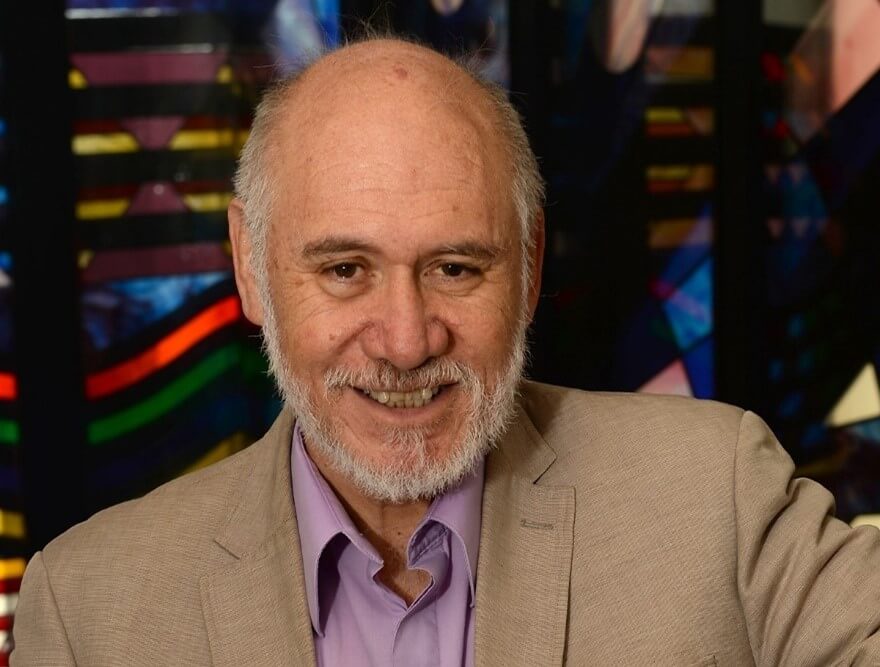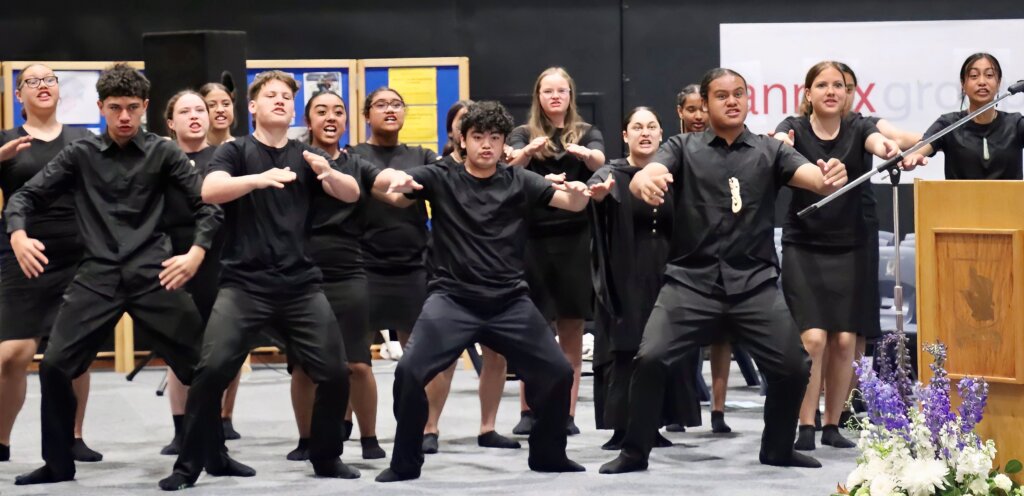Much is being made of ‘race’ today wherein some sides in the political debate refer to Māori being privileged as a ‘race’ of people; and others refer to Māori as being marginalised because of their/our ‘race’.
This is confusing. And unhelpful.

Tom Roa
In 1987 the Court of Appeal said the Treaty signified a “… partnership between races…” and the Court asserted that partnership was a significant Treaty principle which should help the parties find a true path to progress for “… both races”.
However neither Te Tiriti nor The Treaty use the word ‘race’ or anything like it.
The word for a Māori political community was ‘hapū’, each with their own ‘tino rangatiratanga’, their autonomy and independence. The authority to establish a ‘kāwanatanga’ was acknowledged as a new political body responsible for the formulation and installation of just laws and government.
Focussing on Te Tiriti/The Treaty, their articles, and the contextual principles in the signing of Te Tiriti/The Treaty in 1840 to help with the interpretation of Te Tiriti/The Treaty today is very welcome.
And from that examination we need to work out how ‘tino rangatiratanga’ and ‘kāwanatanga’ interact for the benefit of all concerned.
‘Race’ is a classification system which too often reflects the colonial behaviours of the past. The colonised were most often denigrated as inferior to the coloniser. The hierarchy of eugenics was taken to its ultimate extreme with the attempted genocide of the Jews in Nazi Germany in the 1940s.
People are born into cultures which are informed by place, family and language. New Zealanders with Māori ancestry in their identifying with whānau and hapū celebrate those circumstances of birth with whakapapa, and pēpeha. And they take a pride in classifying themselves with ‘mana whenua’ as ‘tāngata whenua’. Pākehā New Zealanders celebrate their ‘Kiwi’ identity by also identifying with place, family, and language.
Many have adopted for themselves the term ‘tāngata tiriti’ – a term both aspirational as well as political – ‘people of the Treaty’ – those who have made a home for themselves here in Aotearoa/New Zealand, recognising the authority granted in Te Tiriti/The Treaty to the Crown to ‘govern’, and the right of tāngata whenua to retain their Tino Rangatiratanga.
This is not a question of ‘race’. It is a question of how Tino Rangatiratanga and Kāwanatanga can best be applied to our behaviours as individuals and groups to promote the bet possible outcomes for us all as citizens of this land.

Te Awamutu College’s 2023 head students are welcomed into their new roles with a haka performed by the college’s kapa haka group. Photo: Jeremy Smith

(From left) Johnny Ward, Mo Maxwell, Benjamin Lee, Jhozeph Williams and Archie Broadbent performing a haka.









